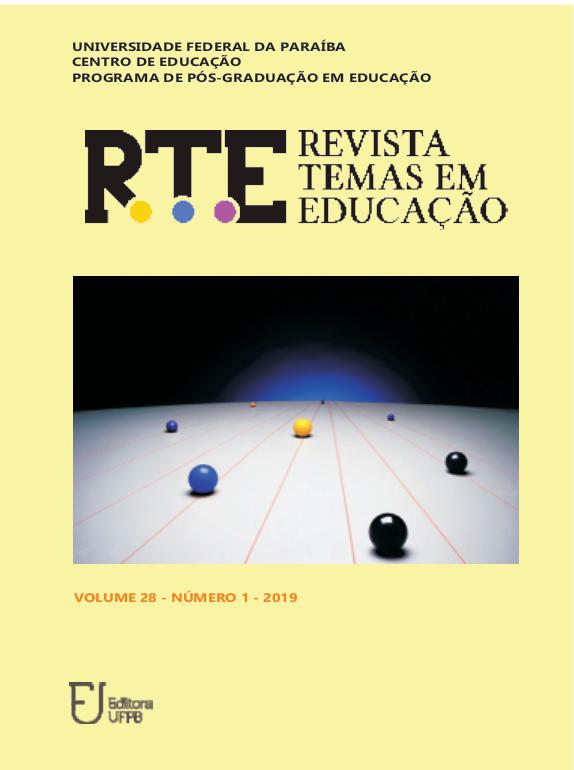POPULAR EDUCATION AND PREVENTING THE ABUSE OF ALCOHOL AND OTHER DRUGS: WEAVING SOME APPROXIMATIONS
POPULAR EDUCATION AND PREVENTING THE ABUSE OF ALCOHOL AND OTHER DRUGS: WEAVING SOME APPROXIMATIONS
DOI:
https://doi.org/10.22478/ufpb.2359-7003.2019v28n1.44577Keywords:
Popular Education, Prevention, DrugsAbstract
The work aims to present the Popular Education and how it can help us in the work of prevention to the abusive use of alcohol and other drugs in school. In this context of changes in society popular education appears as an alternative for the construction of formative processes and social works capable of promoting a critical awareness and the autonomy of the subjects. A transformative education that modifies and liberates man through the process of dialogue insofar as part of his own reality and increases his capacity for reflection. We take into account the historical context of the emergence of Popular Education in Brazil and also the relationship of drugs with humanity and ways to prevent it. Methodologically, this study presents a theoretical-reflexive discussion based on the readings that were performed of SAVIANI (2013), CALADO (2014); MEJIA (2014, 2018); FREIRE (1976, 2018a, 2018b) among others. In this way, the results of this study can help us to build an interweaving between popular education and the issue of the prevention of abusive drug use, seeking to problematize reality for the later awareness of the students and the conquest of their autonomy through dialogue and the joint construction of knowledge taking as a starting point the knowledge andreality of the subjects, and considering the action-reflection-action movement as a fundamental part of the process.
Downloads
Downloads
Additional Files
Published
How to Cite
Issue
Section
License
Authors who publish in this journal agree to the following terms:
. Authors retain the copyright and grant the journal the right to first publication, with the work simultaneously licensed under the Licença Creative Commons Attribution that allows the sharing of the work with acknowledgment of authorship and initial publication in this magazine. . Authors are authorized to assume additional contracts separately, for non-exclusive distribution of the version of the work published in this journal (eg, publishing in institutional repository or as a book chapter), with acknowledgment of authorship and initial publication in this journal.
. Authors are permitted and encouraged to publish and distribute their work online (eg in institutional repositories or on their personal page) at any point before or during the editorial process, as this can generate productive changes, as well as increase impact and citation of the published work (See O Efeito do Acesso Livre).



















